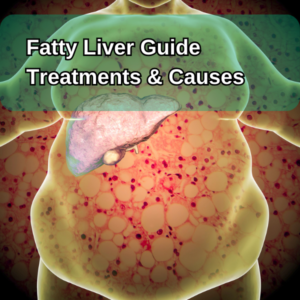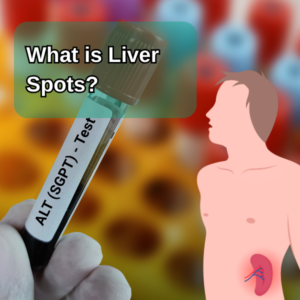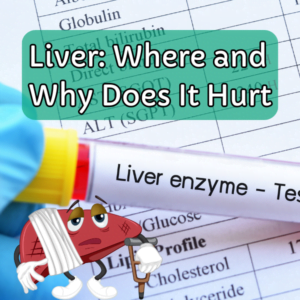+90 533 813 89 77
info@bookingforhealth.com
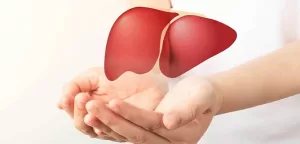
The Function of the Liver
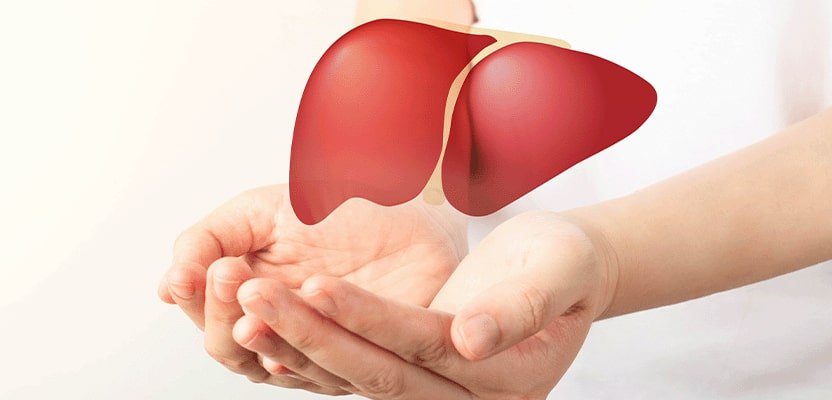
liver is an essential organ that plays a crucial role in the body’s overall health. Located in the upper right abdomen, the liver is responsible for a wide range of functions that help keep the body functioning properly.
The liver is the largest organ in the body and is made up of several different lobes. It is responsible for many vital functions, including:
- Filtering the Blood
The liver filters out toxins, waste products, and other harmful substances from the blood. This helps to keep the body healthy and functioning correctly.
- Producing Bile
It produces bile, a fluid that helps to digest fats and absorb fat-soluble vitamins. Bile is stored in the gallbladder and released into the small intestine as needed.
- Regulating Blood Sugar
The liver plays a vital role in regulating blood sugar levels. It stores excess glucose in the form of glycogen and releases it back into the bloodstream as needed to maintain stable blood sugar levels.
- Synthesizing Proteins
The liver is responsible for synthesizing proteins that are essential for the body’s growth and repair. These proteins include albumin, which helps to maintain blood volume, and clotting factors, which help to stop bleeding.
- Metabolizing Drugs and Other Chemicals
The organ is responsible for metabolizing drugs and other chemicals that enter the body. This helps to break down and remove these substances from the body, preventing them from building up to toxic levels.
- Storing Vitamins, Minerals, and Other Nutrients
The liver stores a variety of vitamins, minerals, and some other nutrients that are essential for the body’s overall health. These include vitamin A, vitamin D, and iron.
Additional Functions of the Liver
In addition to these functions, the liver also plays a role in the immune system, helping to fight off infection and disease. It is also involved in the production of hormones, such as testosterone and estrogen, and in the breakdown of old or damaged red blood cells.
The liver is a remarkably resilient organ and has the ability to regenerate itself. However, it can become damaged or diseased if it is subjected to prolonged exposure to toxins, such as alcohol or certain medications. Some common liver conditions include hepatitis, cirrhosis, and liver cancer.
What is Liver Regeneration?
Liver regeneration is the ability of the liver to repair and regenerate damaged tissue. The liver has an incredible ability to regenerate itself, even after significant injury or damage.
There are several mechanisms involved in liver regeneration. One important mechanism is the activation of liver stem cells, which are able to differentiate into various types of them and help to repair and regenerate damaged tissue. Other mechanisms involved in liver regeneration include the proliferation of existing liver cells and the formation of new blood vessels to support the growth of new liver tissue.
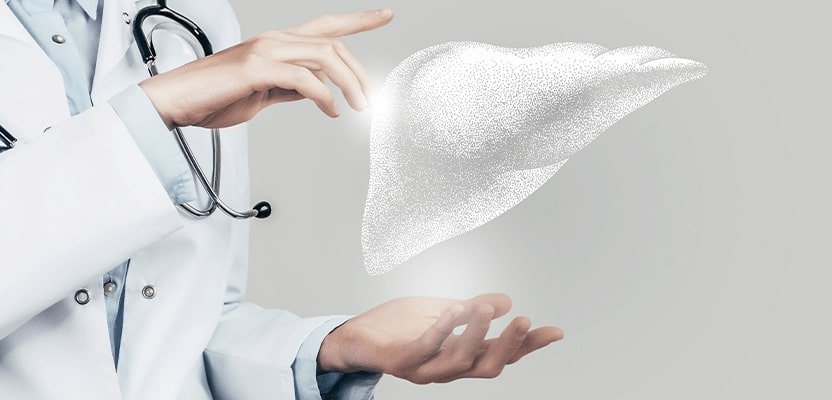
It is a complex process that is regulated by a variety of hormones, growth factors, and signaling pathways. It is also an essential process for maintaining the health and function of the liver, and it plays a vital role in the patients ability to repair and heal after injury or disease.
Maintaining the Liver Health
To keep the liver healthy, it is important to adopt a healthy lifestyle. This includes eating a well-balanced diet that is low in fat and avoiding excessive alcohol consumption. It is also essential to get vaccinated against hepatitis and to avoid risky behaviors that could expose you to hepatitis or other liver diseases. Things to consider in order to have a healthy organ are listed.
- A diet that is high in fruits, vegetables, and whole grains and low in processed foods, saturated fat, and added sugars is good for your liver.
- Regular physical activity can help to improve the health of your liver by reducing fat accumulation and inflammation.
- Excessive alcohol consumption can lead to liver damage, so it is important to limit your intake or avoid alcohol altogether.
- Some liver diseases, such as hepatitis A and B, can be prevented with vaccines.
- Such as diabetes and high blood pressure can increase the risk of liver disease, so it is important to manage these conditions and work with the healthcare team to ensure that the liver is healthy.
In conclusion, the liver is an essential organ that plays a vital role in maintaining the body’s overall health. By adopting a healthy lifestyle and taking steps to protect your liver, you can help to keep this important organ functioning properly.

